Athletes: Finding success after sport
The impact of retirement for professional athletes, either on their mental health or finances, can be extremely negative. But with the help of social enterprises and heightened awareness, work is being done to help transitioning athletes find success after sport. Matthew Campelli finds out more
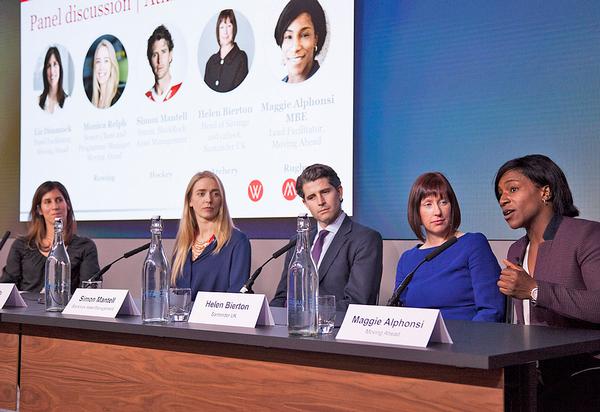
Obstacles. There are many of them in the life of a professional athlete. The gruelling training regimes, the relentless competition from other athletes. Even the weight of expectation, or envy, that comes with living in the public eye.
But what happens when it’s all over? When the last race is run, or the last ball is kicked? What becomes of these individuals who have dedicated their lives to their sport? Research and anecdotal evidence suggest that retirement does not have a particularly positive effect on the mental health of athletes.
They say that athletes die twice, the first time when they retire. A Sports Illustrated study revealed that 78 per cent of National Football League (NFL) players and 60 per cent of National Basketball Association (NBA) players go broke within two years of retiring, while ex-football charity XPro found that three out of five Premier League footballers go bankrupt shortly after quitting.
“I didn’t want to become one of those statistics,” says Leon Lloyd, the former Leicester Tigers and England rugby player who is now one of the directors of athlete transition charity and social enterprise Switch the Play.
“I signed pro at the age of 16 and ended my career at 30. I had some big injuries early on, which made me worry and think about life after sport. I focused a lot of my time and effort on working out what I was going to do once my sporting career ended, be that at 24, 25 or 38.”
As a result, Lloyd set up a number of businesses during his career so that he had solid streams of income, giving him a safety blanket if he had to retire unexpectedly.
Financially set
In his own words, he had the “financial box ticked”, but despite this he struggled once he was away from the sport he had played every week for 14 years.
“During my career I was told what to do, where to be, what to wear,” he explains. “Then at the age of 30, as an adult with a family, I had overall control of my life, which I wasn’t used to. I was no longer part of that team and culture, and at first I really struggled.”
Lloyd’s story is far from being a unique one. While it’s true that some professional athletes thrive following retirement, with high-profile coaching roles, good businesses or fulfilling work in the media, many more struggle to get to grips with life away from their teammates, as well as losing the euphoric highs and crushing lows of winning and losing.
“I genuinely didn’t know that the emotional side was going to be an issue for me,” Lloyd admits. “I thought naively that although I wasn’t part of the team anymore that I’d still meet up with the lads. But what you don’t realise is that the lads still have a job to do. You’ve been replaced, and so you don’t get to see the lads regularly anymore.”
After emerging from his own difficult experience with transitioning, Lloyd was “cajoled” into writing a book about his experiences, called Life After Sport: From Boot Room to Board Room, which brought him to the attention of Switch the Play.
The organisation – which helps athletes prepare for a life after sport using a combination of academia and practitioners – asked Lloyd to join as a director in 2016.
Switch the Play works with a number of academic institutions, including Manchester Metropolitan University, Gloucester University, St Mary’s and Bath University, and has a “prevention rather than cure” philosophy.
“We look at people who are currently living the dream,” says Lloyd, “and help them prepare while they’re still competing and so they have opportunities when they finish. They’ll go through a period of change once they retire, and the more prepared they are, the better they’ll be cope. You’re a long time retired and your second career is going to be a lot longer than your first.”
Getting upskilled
Lloyd said that there were opportunities for retiring athletes to be upskilled, from charity work and voluntary work, to getting involved in businesses.
To aid professional athletes in their quest for a smoother transition out of sport, Switch the Play is launching 15 masterclasses, with a focus on topics like financial planning, emotional intelligence, self-awareness, resilience and social media training.
“We’ve got a great associate network of academics and athletes who have been through the process and have the scars to show for it,” he says.
One of those athletes is former Olympic gymnast Beth Tweddle, who won bronze at London 2012. In May, she became Switch the Play’s latest director, and she hopes to pass on her experience of starting a business – Total Gymnastics – to other athletes leaving elite sport.
She was made aware of the opportunity by fellow Switch the Play director Chris Brindley, who is also a director with Total Gymnastics.
“I knew athlete transition was a big topic and I’d been there quite recently myself, although I’d planned for my retirement,” she explains. “But I see so many people come out of sport who feel a bit lost. It’s about showing them what it’s possible to do while still training.
“A lot of athletes want to be totally focused on their sport and not doing anything else to distract them away from that, but I found that going to university while I was training allowed me to switch off and think about something else if I’d had a bad day at the gym.”
Transferable skills
Tweddle counts herself “lucky” that she was able to get an education while training for events, but acknowledges that it’s not a luxury afforded to all athletes.
“I was in gymnastics from 2001 all the way to 2013,” she says. “The first generation I was with took education seriously because British gymnastics wasn’t as successful and you couldn’t really make a living out of it. Towards the end of my career it was a bit more of a mix.”
But Tweddle is keen to stress that education is not the be-all and end-all of becoming a success after sport. As part of Switch the Play’s masterclasses, Tweddle will be teaching transitioning athletes about the transferable skills they can bring to a new career or business, such as commitment, teamwork and resilience.
“These athletes have achieved something at a high level,” says Lloyd. “They have so much to give back, and they can start with schools or charities. Within a charity, if you have no other business skills, you can pick them up by helping with the PR, bookkeeping or marketing. It’s a good trade off for the charity and athlete, and the opportunities are endless.”
One of Switch the Play’s current focuses is on working with athletes who are aiming to qualify for the Tokyo 2020 Olympics. A number of those athletes will not make the cut, with losses of form and injury inevitable for a number of them. Switch the Play will be working on “upskilling” all of these athletes and putting them in a “better place to do well in their sport, or whatever challenge comes next”.
Mentoring scheme
Despite its important work, Switch the Play is not the only organisation working in the athlete transition sector. Moving Ahead, the social enterprise set up by Liz Dimmock, launched its Athlete Network earlier this year. The organisation has an A2B Mentoring Scheme, which pairs athletes with top-tier executives at companies such as PricewaterhouseCoopers, the Environment Agency and Cisco to offer them support.
Maggie Alphonsi, a Rugby World Cup winner with England, is an ambassador for the body, and helped launch the mentoring scheme alongside Dimmock, English Institute of Sport national director Nigel Walker and inspirational speaker Jim Lawless during an event at the London Stock Exchange in March.
Dimmock says that athletes represent an “untapped economic talent” with transferable skills, and the mentor scheme exposes them to the corporate world, offering opportunities for full-time employment.
Duty of Care
Both organisations have been buoyed by the growing awareness around the issues faced by transitioning athletes, particularly with the publication of Baroness Tanni Grey-Thompson’s Duty of Care report (see July/August edition), which has included a number of recommendations for improving the lives and preparing those exiting professional sport (see below).
Lloyd says: “The Duty of Care review reinforces the work we’ve been doing over the past 12 months, but I hope it kickstarts people and doesn’t encourage finger pointing. Everyone needs to read it and recognise that they have a role to play in athlete welfare.
He continues: “The awareness is now there. I think we’re a long way ahead of where we were when I retired 10 years ago, but I think it’s going to take a big club or organisation to come out and say ‘we’re going to do this’ about the Duty of Care recommendations.
“Athletes, however, also need to be responsible for their own wellbeing. No one will benefit more from putting in the time and effort to transitioning than the athlete themselves. They have the responsibility and opportunity to really maximise what’s around them.”
Duty of Care Recommendations
Entering top-level sport
• Organisations should carry out formal induction processes at regular intervals for every participant.
• The information covered in the induction must be continually available online, periodically restated and included in the participant’s personal contract.
• Coaches within the programme (paid, volunteers or personal coaches who are outside the system) should attend induction sessions so that they have a shared view and understanding of what is delivered.
• Parents, guardians or carers should attend induction sessions until the participant reaches the age of 18 and consideration must be given to how they are involved beyond this age.
•An independent review of the national classification system for disabled athletes should be commissioned.
Leaving top-level sport
• It should be a condition of the Athlete Personal Award (APA), available to people on talent pathways in Olympic and Paralympic sports, as well as funding provided to the NGB, that attendance at career events is supported by the NGB wherever possible.
• Performance directors and people running sports talent programmes should encourage participants to make use of the English Institute of Sport’s Performance Lifestyle service.
• Independent exit interviews to be carried out when athletes leave the pathway (from talent to elite) for all UK Sport or Sport England funded sports. Results from the interviews should be fed back into the funding models for that sport.
• On leaving a sport, participants should be linked to the sport’s welfare department to ensure the individual is provided with information about support and opportunities to retain contact with the sport.

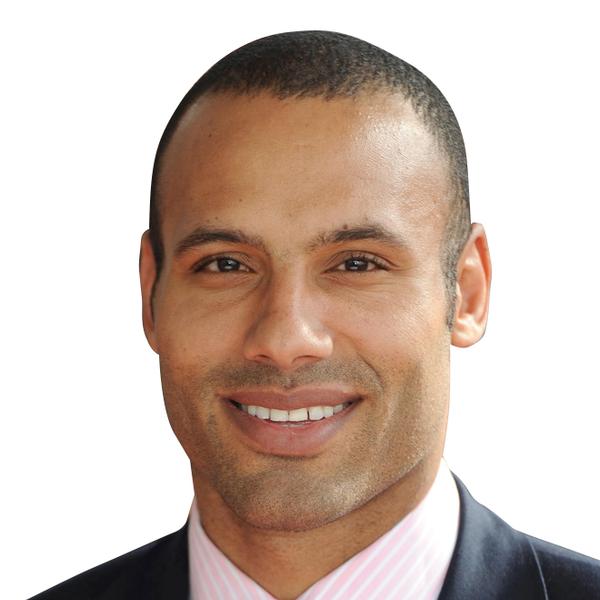
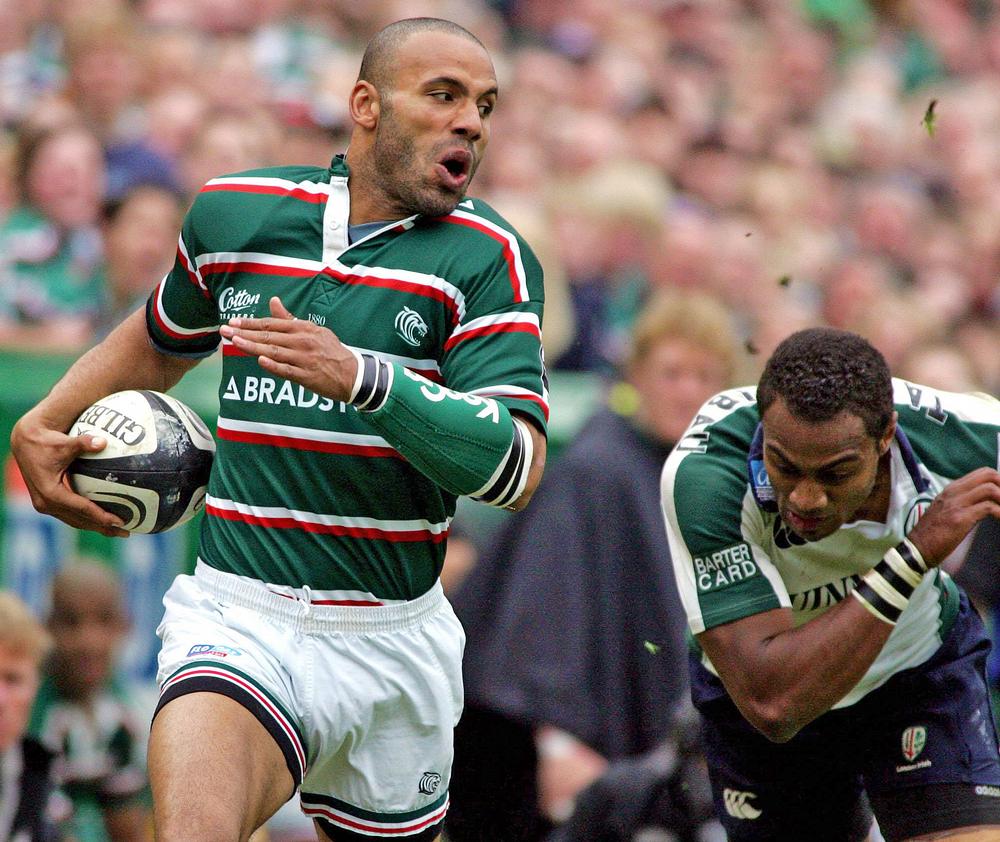
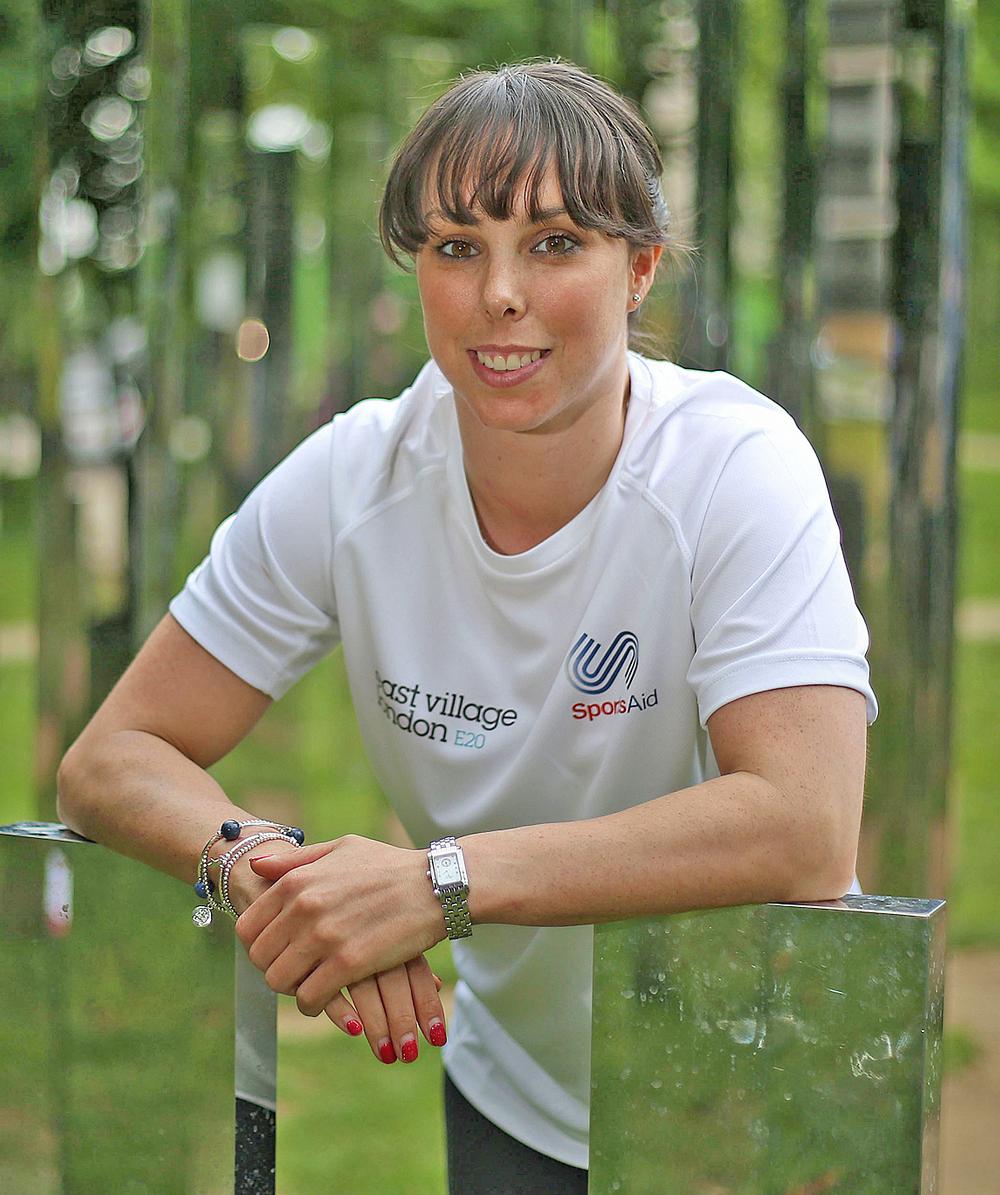
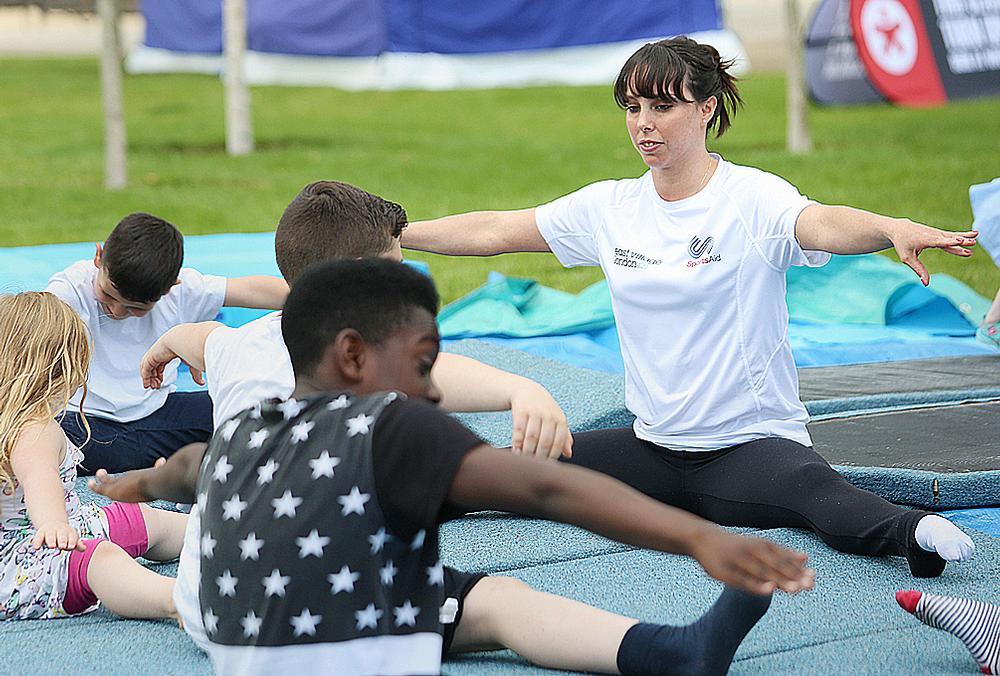
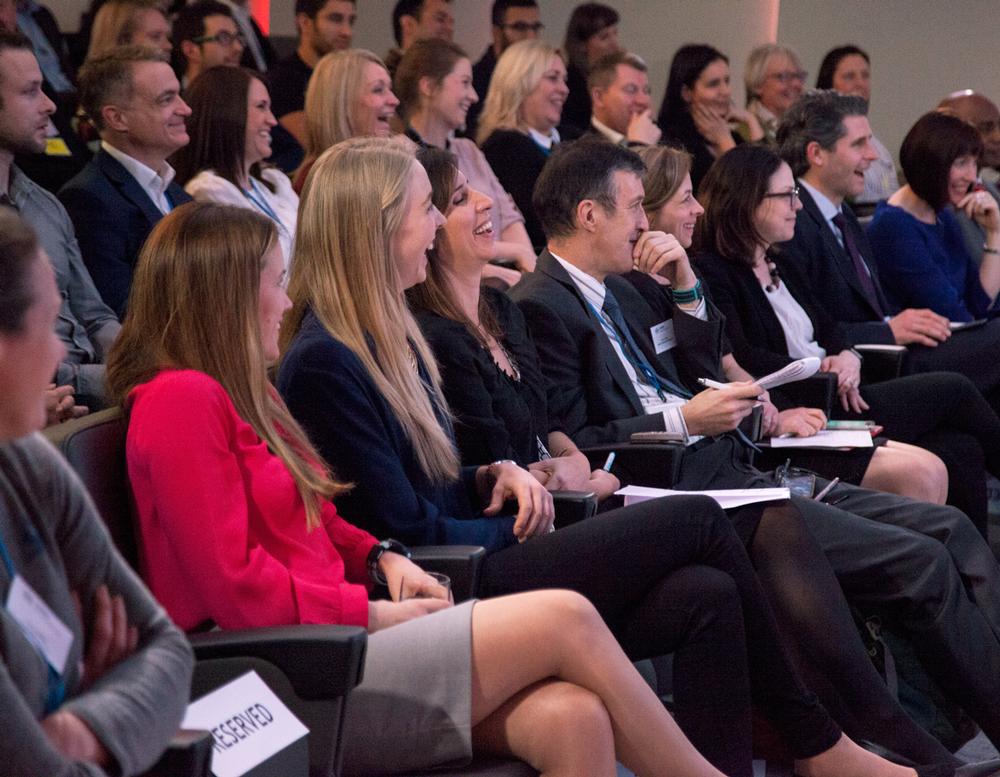
Centre Manager
Director of Operations
Fitness Motivator
Recreation Assistant/Lifeguard (NPLQ required)
Membership Manager
Recreation Assistant
Duty Manager (Dry)
Swim Teacher
Swim Teacher
Chief Executive Officer, Mount Batten Centre
Swim Teacher
Swimming Teacher
Swimming Teacher
Company profile
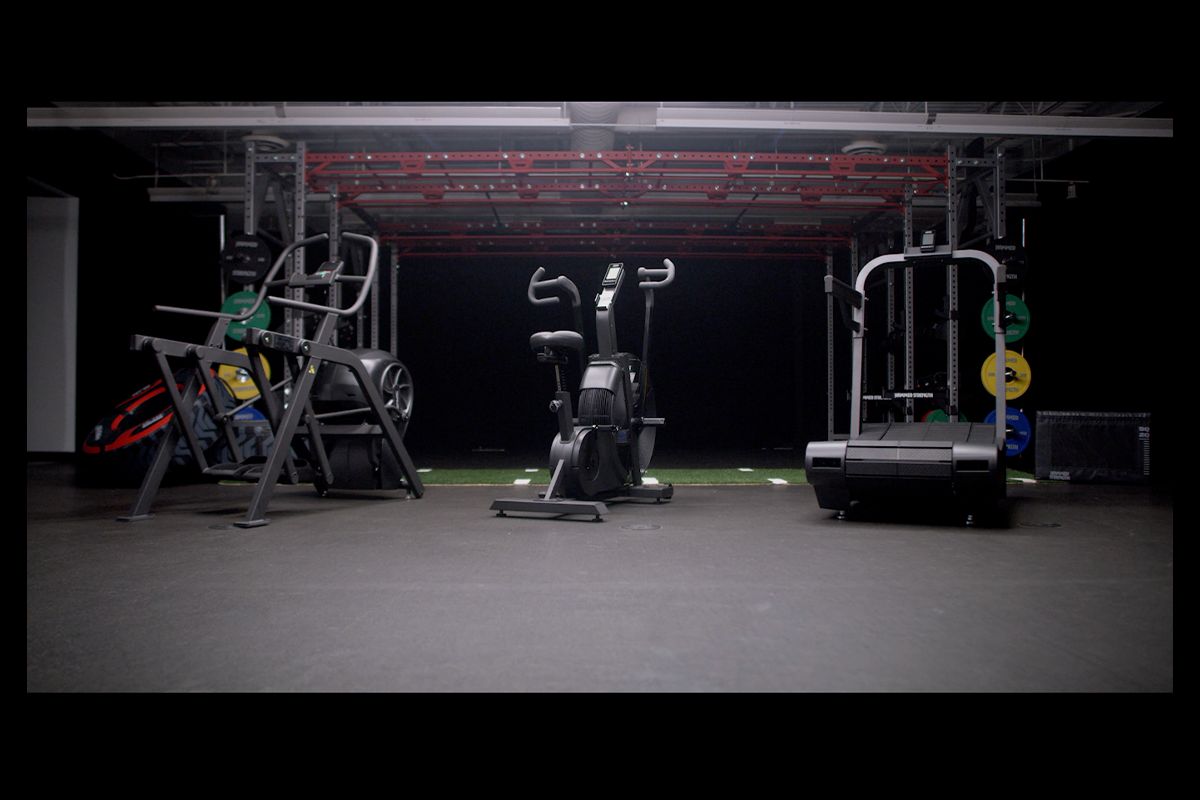
Featured Supplier

Property & Tenders
Company: Knight Frank
Company: Belvoir Castle
Company: AVISON YOUNG
Company: London Borough of Bexley
Company: Forestry England














